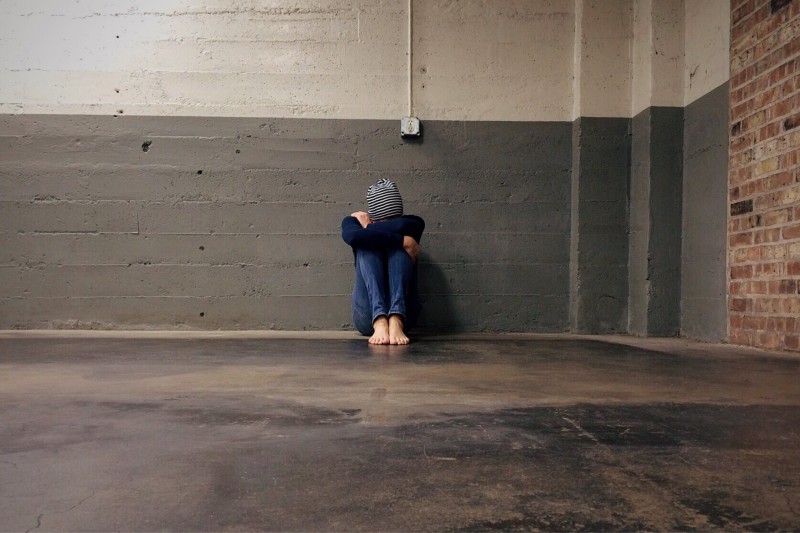Posted on Wednesday, 13th June 2018
I recently watched a talk about shame by research professor and author Brené Brown. I’ve decided to write about the topic here as I think it’s really interesting and relevant to everyone. After all, the feeling of shame is universal. It is believed that the only people unable to feel shame are people without any capacity to feel empathy.
Brown describes shame as ‘the intensely painful feeling or experience of believing that we are flawed and therefore unworthy of love and belonging’.
The first thing to discuss is the difference between shame, and guilt, humiliation and embarrassment. Below is are explanations of the differences.
Shame vs Guilt
If we feel bad about our behaviour or actions, this is guilt. If we feel we are a bad person this is shame.
Shame vs Humiliation
Humiliation is when we feel like we don’t deserve to be in a situation, shame is when we feel we deserve it.
Shame vs Embarrassment
Embarrassment is when we are able to find humour in a situation, the feeling is fleeting and it is easy to talk about the event. Whereas when feeling shame we find it hard to talk about and cannot find humour in it.
An example to demonstrate all these could be: you go out one night, drink a lot of alcohol, and in the morning you wake up, safe, but not remembering much and feeling quite negative about the experience. Below are examples of how you’d feel about the situation experiencing each emotion:
Shame vs Guilt
Shame: I am a drunk. What am I doing with my life? I am a bad person
Guilt: I shouldn’t have drunk so much. I probably should have gone home earlier.
Shame vs Humiliation
Shame: Everyone is talking about how drunk I got last night, and they’re right, I deserve that.
Humiliation: Everyone is talking about me. It’s unfair, have none of them ever made a mistake?
Shame vs embarrassment
Shame: I am mortified, I don’t want to talk to anyone about last night, it’s not funny
Embarrassed: Oh god I’m mortified, I must call Sarah to laugh about how drunk I was last night
So hopefully that’s a bit clearer as to when we feel shame versus those other emotions. It can be really interesting to think about our reactions to things and work out which of those four emotions we are feeling and why.
When it is shame we are feeling then Brown suggests there are three ways in which we react to it. She describes these as the Shame Shields:
Move Away
Move Towards
Move Against
Move Away
We disappear in our own lives. We avoid contact with others and hide away as a result of feeling shame.
Move Towards
We try and avoid the feeling of shame by people pleasing.
Move Against
We try and combat the feeling of shame we are experiencing by creating shame and pain within the other person.
It is important to note that we will not react the same to shame each time. It will always depend on the situation and who else is involved. With some people we will move away from them, with some people we will try and cause them to feel shame in order to make ourselves feel better.
How do you think you deal with shame? Do you react differently depending on who is involved?
One of the most important things to remember about shame is it struggles to survive in company. That is, sharing it and receiving empathy, takes away shame’s power. Having someone hear your feelings and show you empathy is the best way to eradicate the feeling of shame. Conversely, the more we don’t talk about it and keep it inside to ourselves, the stronger it gets.
Having said that, it can be really hard to open up to loved ones about something we feel real shame about. Counselling can be really valuable in situations like this. A counsellor will always listen to you without judgement. If you think talking to counsellor could be beneficial to you, why not get in touch?
